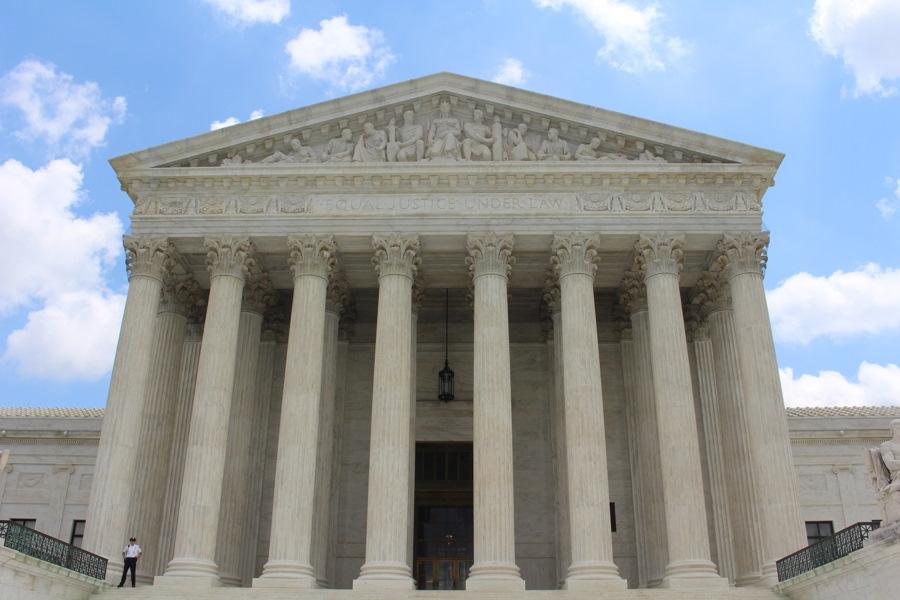Amgen defeated in lengthy PCSK9 feud with Sanofi

The long-running legal dispute between Amgen and Sanofi/Regeneron on two key patents covering the use of PCSK9 inhibitors to lower cholesterol has come to an end, with Sanofi emerging as the victor.
Nine justices in the US Supreme Court voted unanimously to uphold lower district and federal court rulings that invalidated the patents awarded to Amgen for Repatha (evolocumab), which the company argued gave it broad protection that extended to just about any antibody against the target.
That included Sanofi and Regeneron’s rival PCSK9 inhibitor Praluent (alirocumab), which reached the US market shortly after Repatha in 2015.
The ruling could effectively put an end to attempts to use core or “genus” patents to prevent other antibodies developed against the same target from reaching the market, or demanding hefty royalties if they do so. In this case, the two patents at issue referred to antibodies that “bind to specific amino acid residues on PCSK9.”
The dispute has been viewed as a test case for the concept of enablement in biopharma – which refers to the degree in which a patent can help others to make use of an invention.
In a nutshell, Amgen claimed other parties could easily use its patents as a roadmap to develop PCSK9 antibodies, without having to carry out a lot of additional testing. Sanofi and Regeneron argued the opposite, saying considerable additional experimentation was needed to come up with another PCSK9 antibody.
SCOTUS sided with the latter view, concluding in its judgment that it had failed to “enable any person skilled in the art […] to make and use” the invention, adding: “the more a party claims, the broader the monopoly it demands, the more it must enable.”
“Amgen seeks to monopolise an entire class of things defined by their function – every antibody that both binds to particular areas of the sweet spot of PCSK9 and blocks PCSK9 from binding to LDL receptors,” concluded the justices.
“The record reflects that this class of antibodies does not include just the 26 that Amgen has described by their amino acid sequences, but a ‘vast’ number of additional antibodies that it has not.”
Amgen sold $1.3 billion of Repatha last year, while Regeneron made $130 million from Praluent in the US and Sanofi booked $400 million in sales from ex-US markets.
Both drugs are facing competition from other PCSK9-targeting drugs, including Novartis’ injectable Leqvio (inclisiran), which requires less frequent dosing, and oral PCSK9 drugs from the likes of Merck & Co and AstraZeneca that could be taken daily alongside standard cholesterol-lowering therapy with statins.
Regeneron said in a statement after the judgment that it “represents an unequivocal win for America’s innovation economy, its scientists, and researchers [and] most importantly […] for patients who rely on the lifesaving discoveries made through years of research and investment by the biopharma community.”
Photo by Claire Anderson on Unsplash













